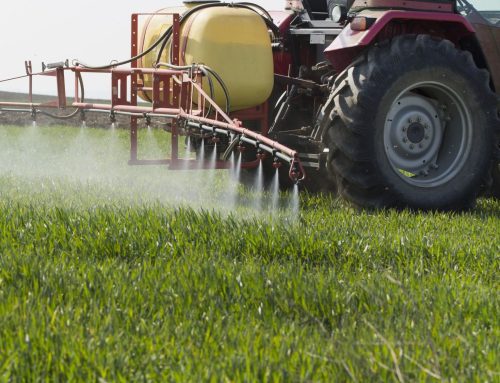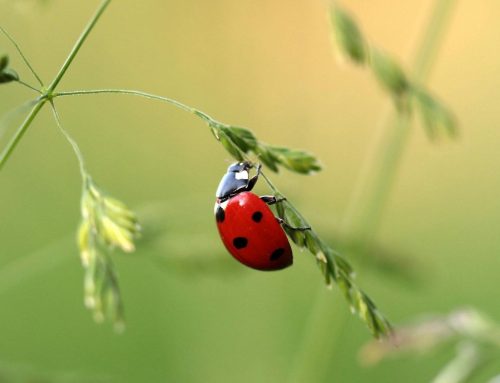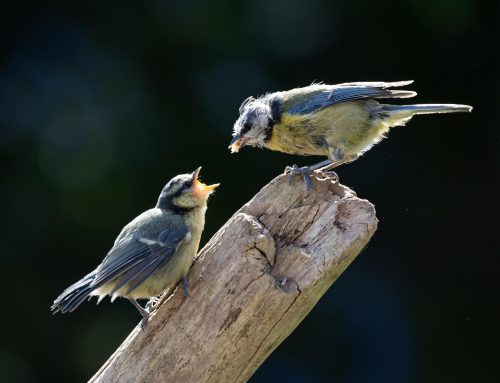by Stephanie Williamson, Staff Scientist, PAN UK (26th September 2017)
I was delighted to take part in a recent conference organised by the UK-India Agricultural Ecology Initiative and hosted by the British Ecological Society at its HQ in London. The conference brought together a range of mainly British and Indian academics and practitioners working on aspects of conservation ecology, biodiversity and ecosystem services monitoring, ecotoxicological research, climate change, agroforestry, agroecological farming methods, policy analysis and advocacy for social justice and smallholder empowerment. It was good to meet again with colleagues and collaborators from Coventry University’s Centre for Agroecology, Water & Resilience (CAWR), the Centre for Pollination Studies & Agroecology at University of Calcutta, and the School of Life Sciences at University of Sussex, all doing pioneering work, and to meet many new colleagues.
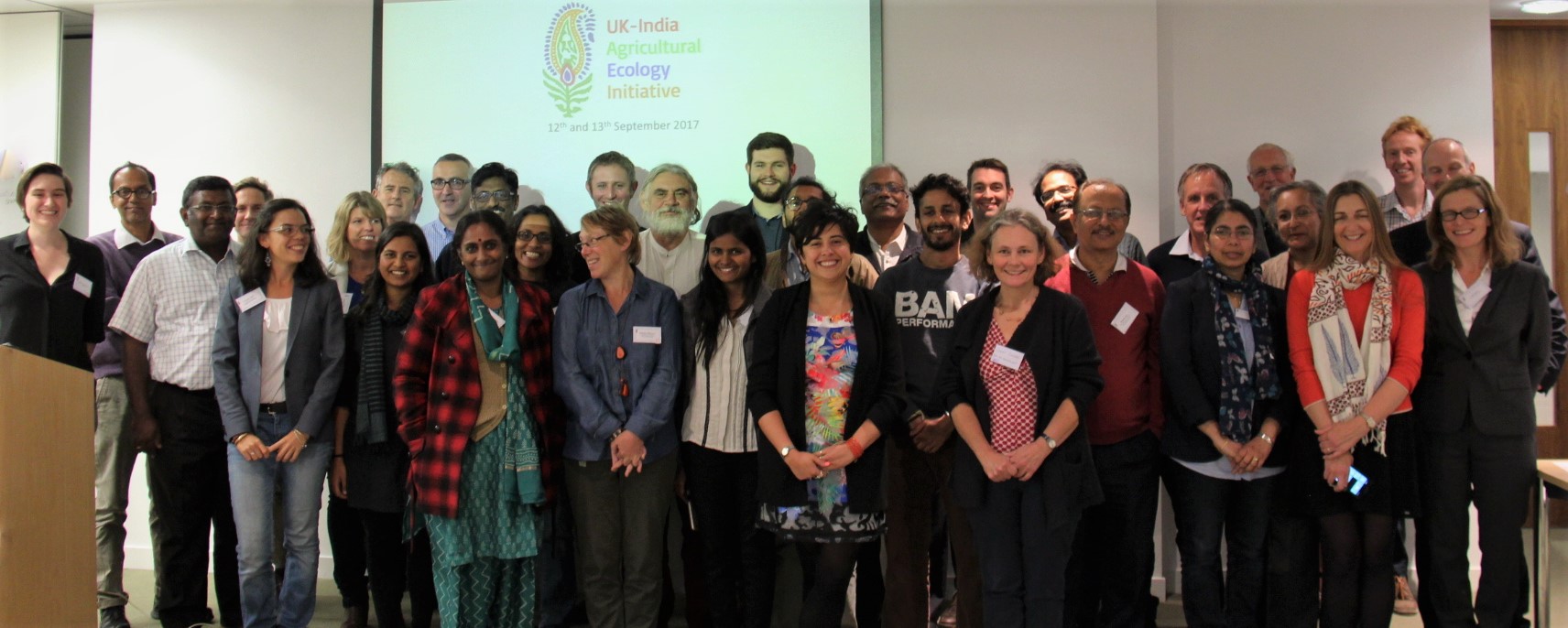
It was heartening to find so many like-minded people in the formal research community, who are deeply concerned about current levels of pesticide use, both in UK farming and in India. Concerned also about the external and largely ignored costs these impose on farming communities, health services and the public purse as a whole. There was a lot of discussion about the need to get policy makers and the farming sector in both countries to appreciate the economic value provided by ecosystem services. These consist, among others, of pollination, natural pest control and nutrient cycling. Discussion also included the importance of moving to more sustainable farming and food systems that conserve or improve biodiversity and ecological functions essential to soil life, water and climate regulation and food provision.
There was no shortage of ideas for collaborative research, with highest interest expressed in:
- practical ways to engage farmers and communities in understanding ecosystem concepts;
- new tools to monitor the benefits from ecosystem services and participatory research to help put ‘dollar signs’ on these benefits
- quantify at local and landscape levels the economic costs of harmful practices in land and water management.
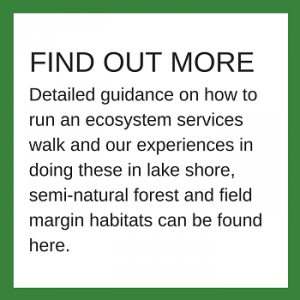 Bringing ecosystem services concepts to life in Ethiopia
Bringing ecosystem services concepts to life in Ethiopia
My presentation on bringing ecosystem services concepts to life in Ethiopia focused on PAN UK’s experience in our Darwin Initiative project Pesticide Impacts on Biodiversity in Ethiopia & Agroecological Solutions (2013-2016). Part of this project involved training Ethiopian farmers, entomologists, extension agents, high school teachers and students on ‘taking the ecosystem approach’. This approach was championed by our wonderful, long-standing ecotox expert collaborator, the late and sadly missed, Dr Colin Tingle. Colin developed a practical exercise of ‘ecosystem service walks’ in farmland and surrounding habitats, as a way to get lay people to understand this rather abstract concept. Colin and colleagues had conducted numerous such walks with South Downs National Park communities and stakeholders. He also trained our Ethiopian project partners and me in the methods, starting with a walk around Bore Place farm in Kent, and then in situ in the Darwin project sites in Ethiopia’s Central and Southern Rift Valley.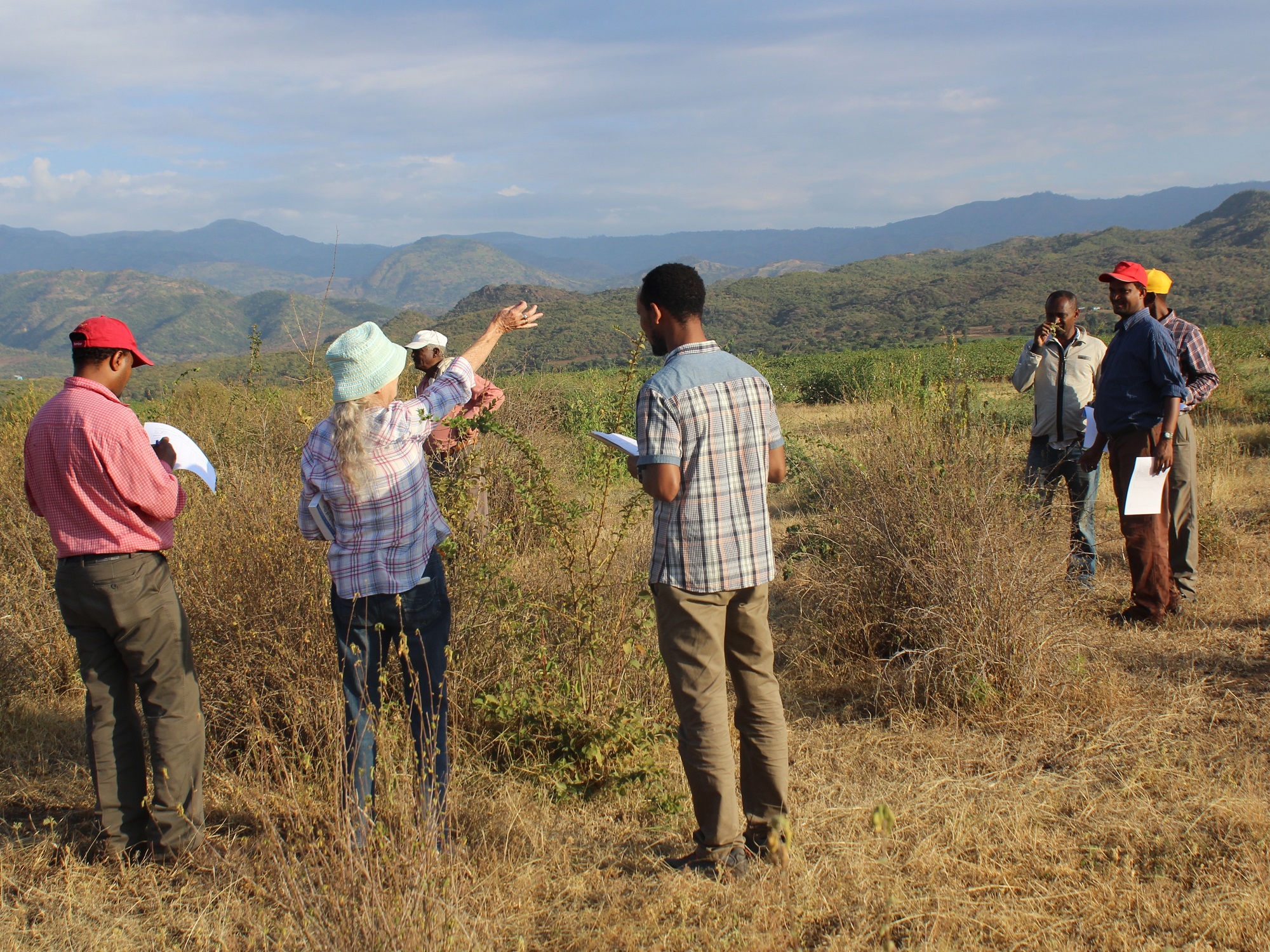
Loughborough Community Farm
The conference included a visit to Loughborough urban community farm run on organic principles in a south London neighbourhood with high levels of social deprivation. We also visited Clarkshaws microbrewery across the road, which recycles all its brewing solid and liquid waste by delivering them to the farm for composting, mulch or liquid fertiliser. True to agroecology’s broader interpretation of a social and political movement for change, the farm encourages social cohesion and works with vulnerable groups and those with mental and physical health problems. Clarkshaws use only ingredients sourced from the UK, supporting local producers and reducing the ‘beer miles’ of their products. They use no artificial flavours or preservatives and are one of the handful of small, independent brewers to sell vegetarian-certified beer, with no use of animal products (isinglass derived from fish swimbladders, used by most brewers to ‘fine’ or clarify the final brew, in case you’re wondering!). They would like to produce organic beer but are currently not able to source suitable British hops grown organically. British hop producers grow mainly for the large, conventional breweries, using varieties which require high levels of fungicide use. This underlines the need for change in supply chain practice and consumer demand to encourage wider uptake of agroecological farming.


